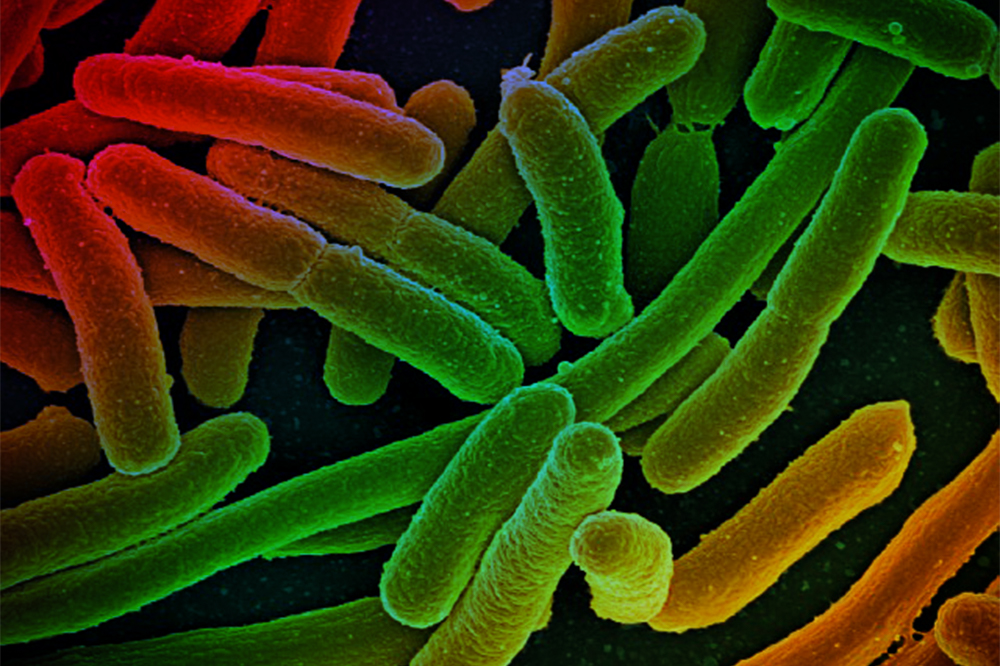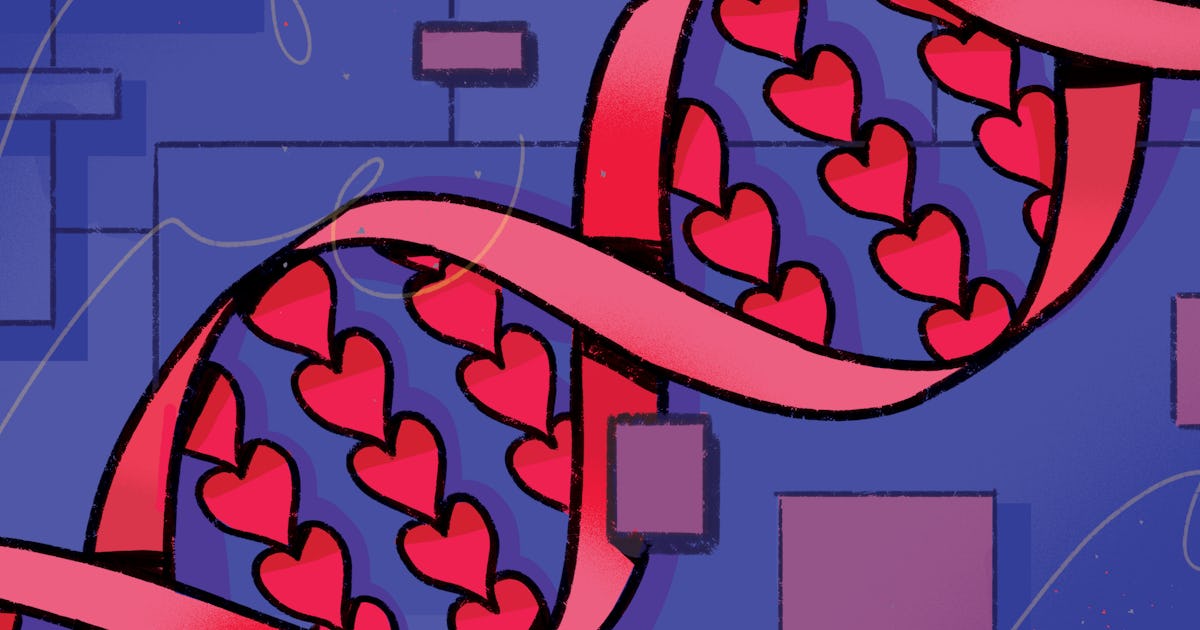Allison Lopatkin | Source | Assistant Professor of Biological Sciences at Barnard College

Allison Lopatkin
-

Barnard College
Assistant Professor of Biological Sciences
-
Metabolic Mutations Help Bacteria Resist Drug Treatment
Image Caption: In a study of E. coli, MIT researchers discovered that mutations to genes involved in metabolism can also help bacteria to evade the toxic effects of several different antibiotics.Image Credits: National Institutes of Health, edited by MIT News Recent studies suggest forcing bacteria to burn more energy could make them more susceptible to antibiotics. Bacteria have many ways to evade the antibiotics that we use against them. Each year, at least 2.8 million people in the United States develop an antibiotic-resistant infection, and more than 35,000 people die from such infections, according to the U.S. Centers for Disease Control.
Article -
Metabolic mutations help bacteria resist drug treatment
MIT researchers have identified a new class of mutations that help bacteria develop antibiotic resistance. In a study of E. coli, they discovered that mutations to genes involved in metabolism can help bacteria to evade the toxic effects of several different antibiotics.
Article -
Can love be genetic? Science explains what Netflix gets wrong
Netflix's 'The One' uses genetics to help customers find their soulmates through DNA matching tech. Scientists say it's poorly researched wishful thinking.
Article



